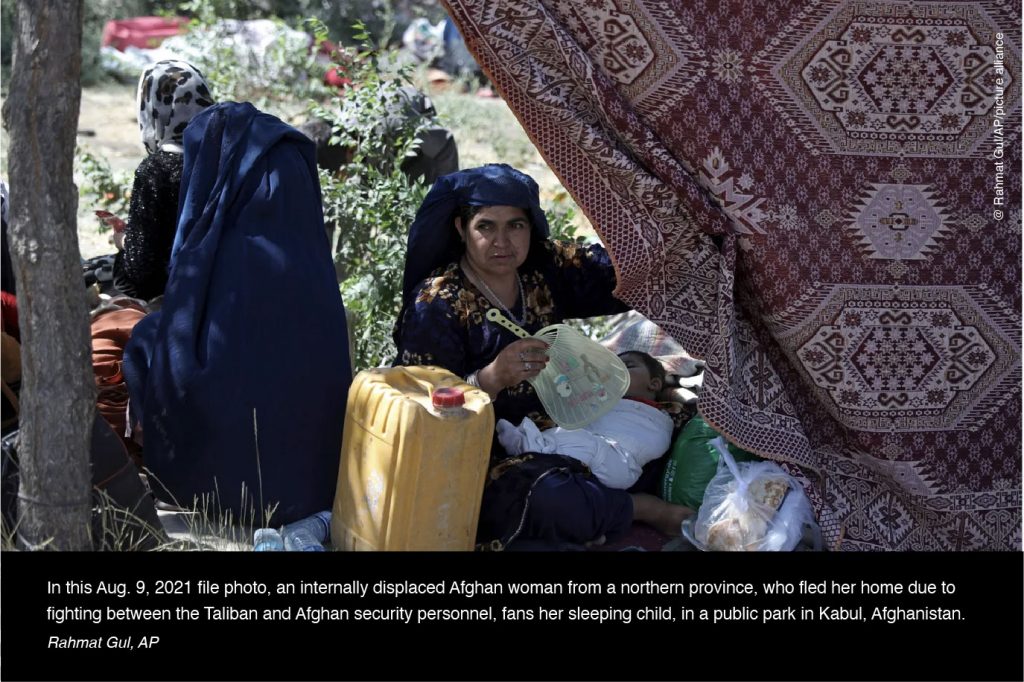


The inability of nations and states to engage in constructive ways continues to explode into great tragedies.
The word “Afghan” has its roots in the common reference to the Pashtun Confederation the majority of which dominates the southern territory of what is referred to as the State of Afghanistan. “Afghanistan” means the “place of the Pashtun.” Why is this significant? The British, in their 19th century attempt to take control of the region, failed to understand that there are fourteen main nations with hundreds of communities, rendering the place uncontrollable as a single defined state. It is certainly not a place to conduct a war. Britain was forced to leave.
The Russians in the 1980s thought they too could take control of the many territories, but they were forced out as well, by the Mujahideen. Mujahideen means “someone who struggles” and the precursor to the Taliban, meaning “students” who, we recall were funded by the Americans with money and weapons. After ten years the Russians gave up and went home to their Russian mothers who mourned the loss of their more than 10,000 sons who fought the war. Now the Americans have had their turn at efforts to control Afghanistan, apparently unable, during 20 years of fruitless fighting to recognize that the peoples of the region are not eager to become American-made-Afghans.
The Pashtun (Afghans) make up about 42% of the total population of Afghanistan. They include about 44 clans with many scores of communities in Pakistan and in Afghanistan. Tajik, Hazara, Chahar Aimak, Mughal, Uzbek, Tatar, Turkmen, Kirghiz, Baluchi, Brahui, Qizilbash, Chitrali and Nuri are included in the nations in the region.
The land of the Afghans (Pashtun) with their neighboring nations remains despite colonizing efforts by the British, Russians and the Americans. This is a lesson that should be learned where nations must be engaged on their terms as political equals with mutual respect. The failure to recognize indigenous peoples and their territories will necessarily continue to result in disaster.
The library is dedicated to the memory of Secwepemc Chief George Manuel (1921-1989), to the nations of the Fourth World and to the elders and generations to come.
access here